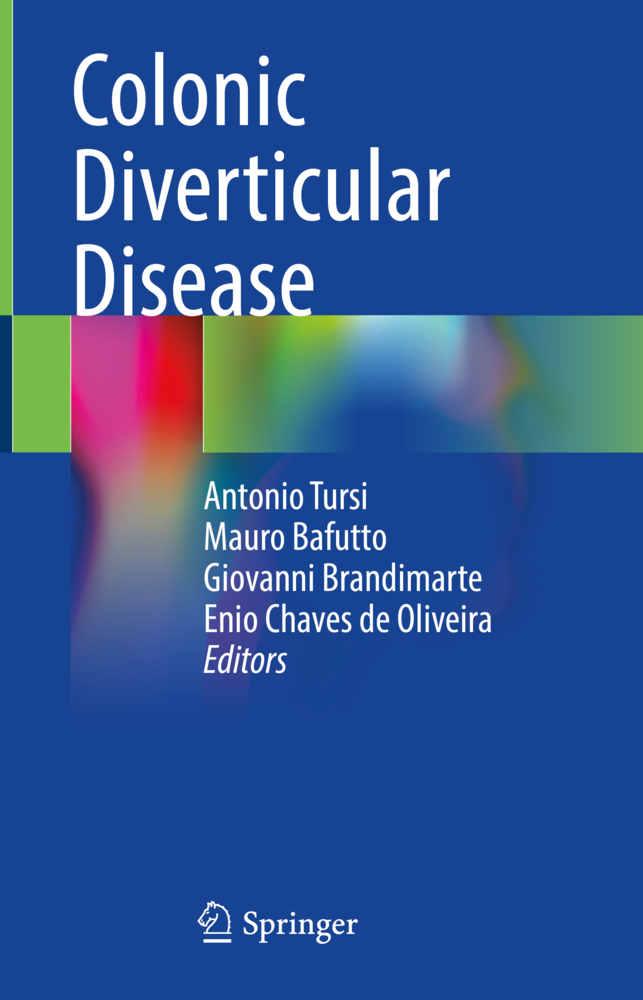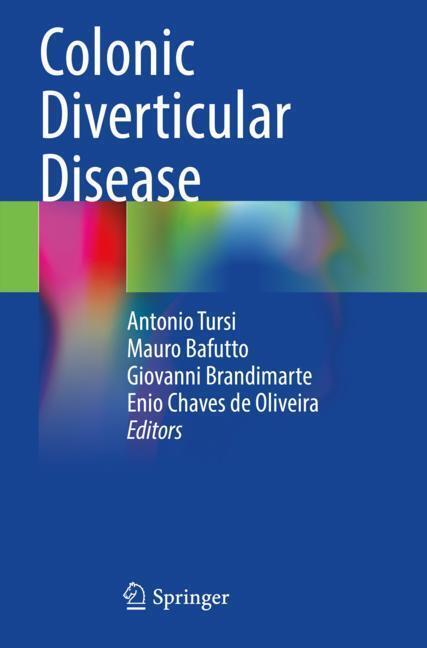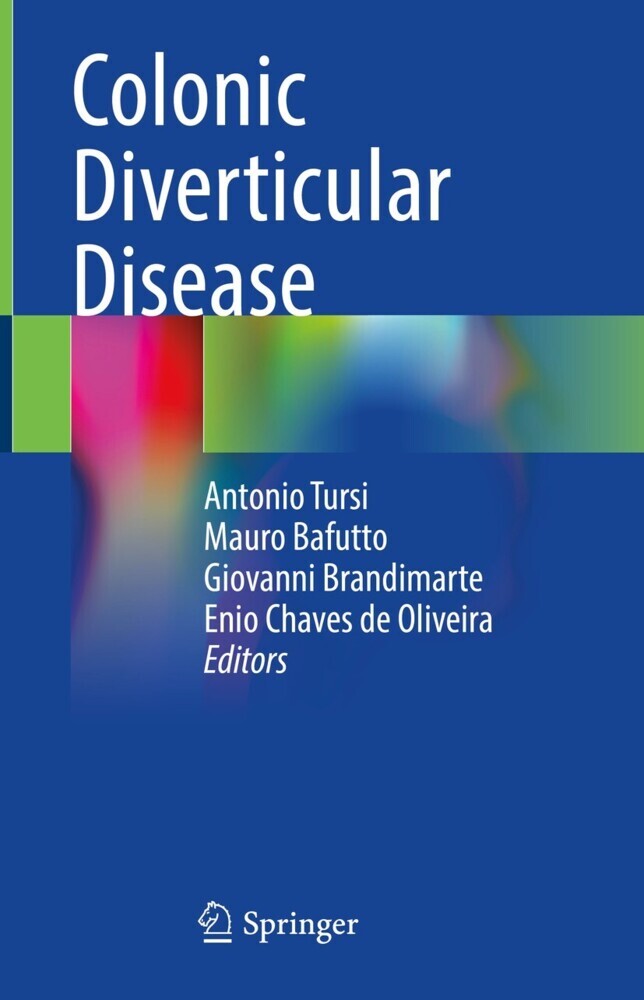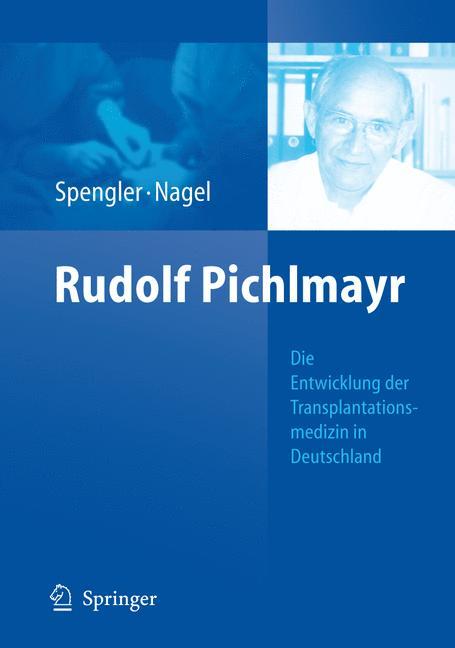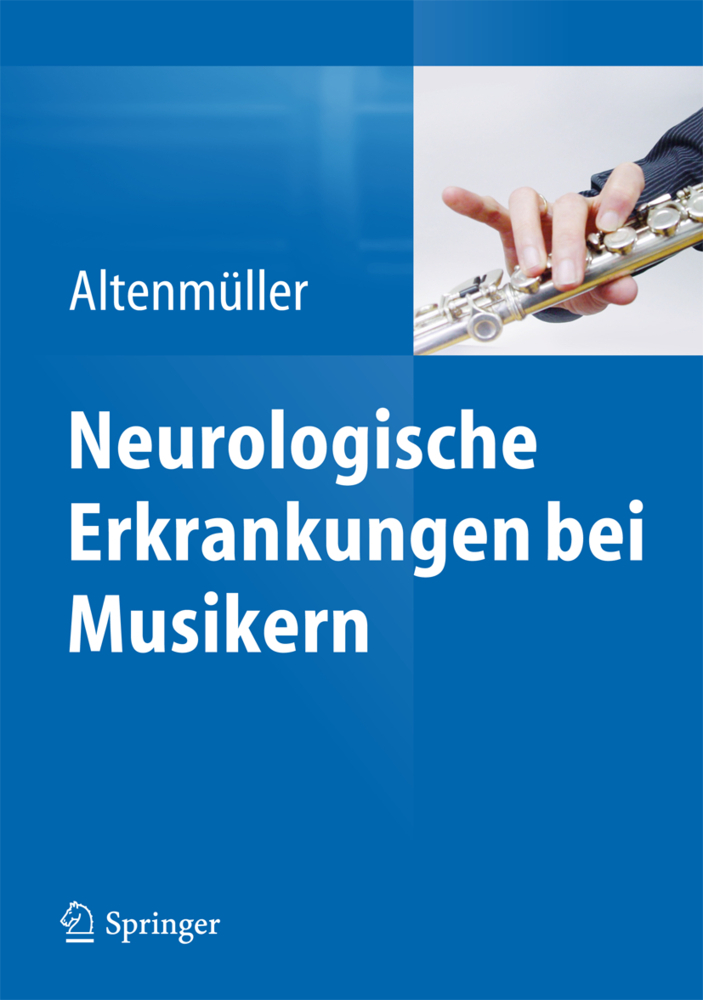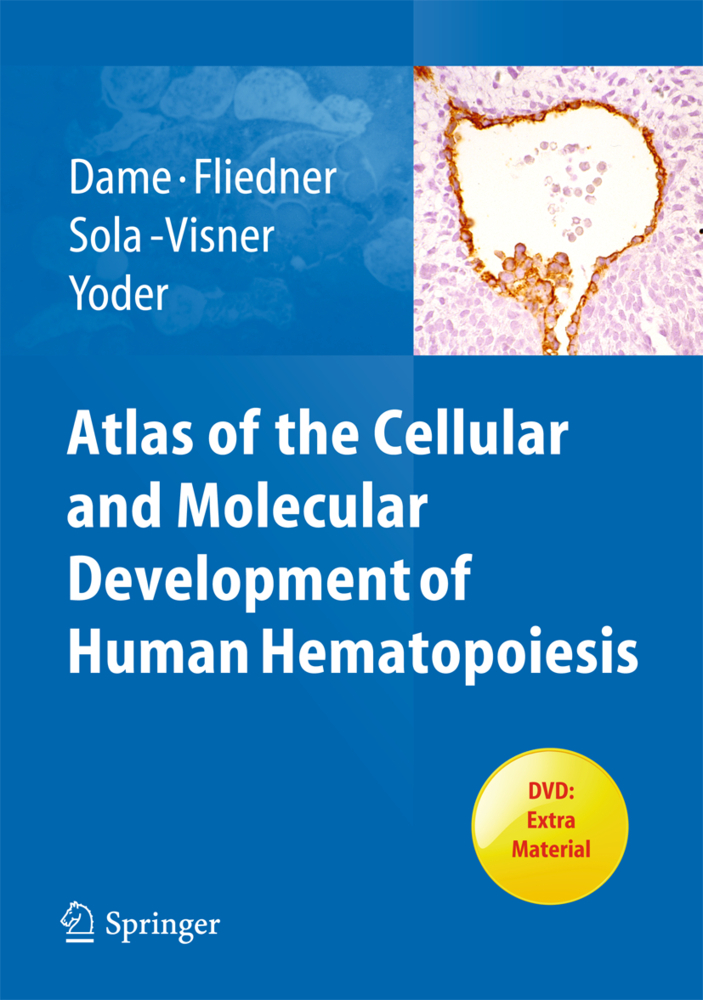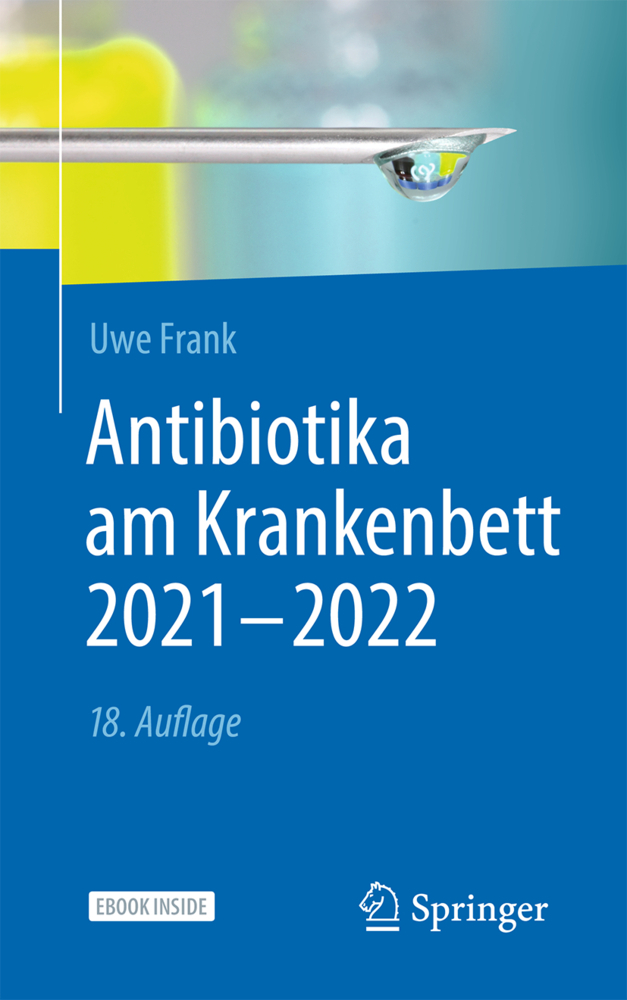Colonic Diverticular Disease
Colonic Diverticular Disease
The book provides up-to-date information on all aspects of colonic diverticular disease, particularly common in Western countries. Most people suffering from it remain asymptomatic, while about 20% develop symptoms without complications, experiencing the so-called "Symptomatic Non-Complicated Diverticular Disease" (SUDD). 10-25% of this last group eventually develop diverticulitis, with or without complications. The incidence of diverticulitis and diverticular colon disease is increasing worldwide, and is becoming a significant burden for national health systems in terms of direct and indirect costs, also because its prevalence increases with age. Unfortunately, the disease pathogenesis is relatively unknown and several aetiological factors may play a role in its onset.
The first parts of the book will deal with the disease epidemiology and etiopathogenesis, focusing on the roles of inflammation and dysbiosis as part of the pathophysiology of diverticular disease. The clinical spectrum, the diagnostic approach and differential diagnosis, medical and surgical treatments are described in the following sections.Written by experts in the field, the volume will be a unique and valuable resource for all clinicians, residents, and physicians involved in the management of this disease.
<p><b>Part 1 Epidemiology: </b>1- history of the disease
2 -anatomy of the colon and colonic diverticula3- epidemiology of diverticular disease
4 -economic burden of diverticular disease
5 colorectal cancer and diverticular disease
6 myth and evidence
- <b>Part 2: Etiopatogenesis: </b>7- motility in diverticular disease
8- enteric nervous system and diverticular disease
9 - hypersensibility, visceral perception
10- role of mucosal inflammation
11- molecular basis of diverticular disease
12 - the colonic fibrosis
13 - genetic aspects
14 -the microbiome and diverticular disease
15 - obesity and diverticular disease
16- lifestyles and diverticular disease
<b>Part 3 - Clinical spectrum of diverticular disease: </b>17 - symptomatic uncomplicated diverticular disease (SUDD)
18 - uncomplicated diverticulitis
19 - complicated diverticulitis
20 - bleeding
21 - segmental colitis associated diverticular disease (SCAD)
22 - diverticular disease in the immunocompromised patient
<b>Part 4: Diagnostic approach: </b>23- investigation of patient with suspect diverticular disease
24- laboratory in diverticular disease
25- imaging of diverticular disease
26- colonoscopy in diverticular disease
27- DICA classification
28- complicated forms of diverticular disease
29- differential diagnosis in diverticular disease
30- pathology of diverticular disease
<b>Part 5: Differential diagnosis: </b>31- irritable bowel syndrome vs SUDD
32- SIBO and diverticular disease
33- segmental colitis associated to diverticulosis vs IBD.- <b>Part 6: Medical treatment: </b>34- prevention of diverticular disease
35- nutritional approach to diverticular disease
36- fibers
37- probiotics
38- aminosalicylates 39- antibiotics
40- medical treatment of acute diverticulitis
41- treatment of recurrent diverticulitis
42- treatment of non-complicated diverticular disease
43- evidence-based medical treatment in preventing acute diverticulitis recurrence
- <b>Part 7 Endoscopic and surgical treatment: </b>44 - current management of diverticular bleeding
45- surgical treatment of acute diverticulitis
46- evidence based surgical treatment of diverticular disease
47- laparoscopic surgery for Hinchey III and IV acute diverticulitis
48- open surgery for Hinchey III and IV acute diverticulitis
49-robotic surgery for diverticular disease
50 - colostomy in diverticular disease
51 - symptoms recurrence and management after surgery.<br></p>
Tursi, Antonio
Bafutto, Mauro
Brandimarte, Giovanni
Chaves de Oliveira, Enio
| ISBN | 978-3-030-93760-7 |
|---|---|
| Artikelnummer | 9783030937607 |
| Medientyp | Buch |
| Auflage | 1st ed. 2022 |
| Copyrightjahr | 2022 |
| Verlag | Springer, Berlin |
| Umfang | XVIII, 359 Seiten |
| Abbildungen | XVIII, 359 p. 108 illus., 83 illus. in color. |
| Sprache | Englisch |

